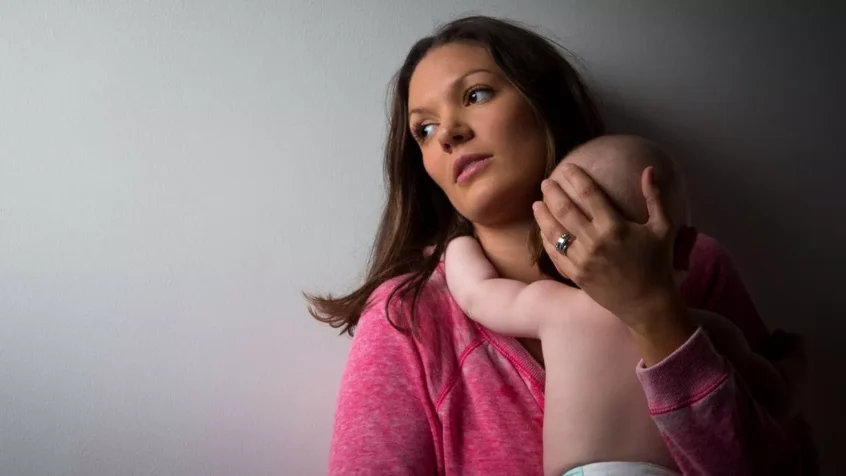No parent is free from worry about Sudden Infant Death Syndrome (SIDS) when their baby is young. And while rates declined steeply in the 1990s, families living in the most deprived neighbourhoods continue to be burdened by a disproportionately higher rate.
Last year, Bristol’s National Child Mortality Database found that 42% of SIDS occurred in deprived neighbourhoods, compared with 8% in the least deprived. But although SIDS is rare – one in 3,000 to 4,000 births – a new web-based baby sleep planner, developed by researchers at the University of Bristol, could help save babies from SIDS, or SUDIs, as it’s now known.
The sleep planner tool is a new way to nail down babies’ risks and help keep them safe while sleeping. The tool, using advice from the Lullaby Trust, UNICEF and NICE, provides a baby’s SUDI risk assessment at birth and a downloadable sleep plan for families.
The prototype was tested by 22 health professionals, including health visitors, midwives and family nurses, 20 of whom were interviewed. The health professionals found the tool successfully identified families at risk needing further support. They suggested expanding the tool’s use by including information during pregnancy and by making it available in different languages.
Twenty parents who were interviewed by the researchers about their experiences with the tool were positive and felt it was useful and appropriate, and that the individual baby sleep plans could benefit them and other family members.
Dr Anna Pease, of Bristol Medical School Population Health Sciences, and a study author, emphasised how their web-based tool identifies babies at risk of SUDI. Importantly, this risk assessment can be done at birth to help health professionals decide what to focus on and give more safer sleep support.
She described how the tool empowers families to understand their baby’s needs and to make a plan to keep them safe – a plan which can be downloaded and shared with friends and family.
“Our study found health professionals and family members thought the tool was useful,” said Dr Pease. “Health professionals said it helped them to have better conversations about safer sleep. Meanwhile, families said it helped them to understand why safer sleep was important and how it could keep their babies safe.”
Professor Peter Blair, of Bristol Medical School, added: “We wanted to develop a web-based tool to help families follow safer sleep advice, especially for those families with babies at increased risk. We hope our baby sleep planner tool can support families with babies at risk and help save lives.”

